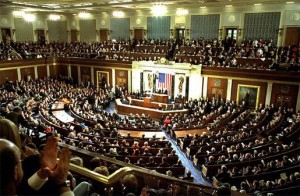 On Wednesday (Sept. 23) as Jews end their Yom Kippur fast, Muslims will begin the Eid al-Adha
holiday. Imam Haytham Younis and Rabbi Alana Suskin met for coffee and then exchanged the following email
dialogue about the two holidays’ convergence and the meaning of a shared story that lies at the
intersection of both faiths.
On Wednesday (Sept. 23) as Jews end their Yom Kippur fast, Muslims will begin the Eid al-Adha
holiday. Imam Haytham Younis and Rabbi Alana Suskin met for coffee and then exchanged the following email
dialogue about the two holidays’ convergence and the meaning of a shared story that lies at the
intersection of both faiths.
Suskin: It is a rare occurrence for Yom Kippur (the Day of Atonement) and Eid al-Adha (the Feast of the Sacrifice) to fall back-to-back, but seems appropriate somehow. Just a week ago, on Rosh Hashanah, we read the Torah portion relating the story of Abraham’s sacrifice of his son — the Jewish perspective of the same story that underlies Eid al-Adha. For Jews, this is the story of the sacrifice of Isaac at God’s command (stopped, of course, at the last moment, by an angel sent by God).
Younis: Yes. Eid al-Adha similarly commemorates the obedience of Abraham and his son to the command of God in fulfilling the sacrifice, as well as the observance of the pilgrimage to the House of God (the Kaaba) in Mecca, which, we believe, was established by Abraham. According to the Quran, the son involved in the sacrifice however, was Ishmael, not Isaac.


